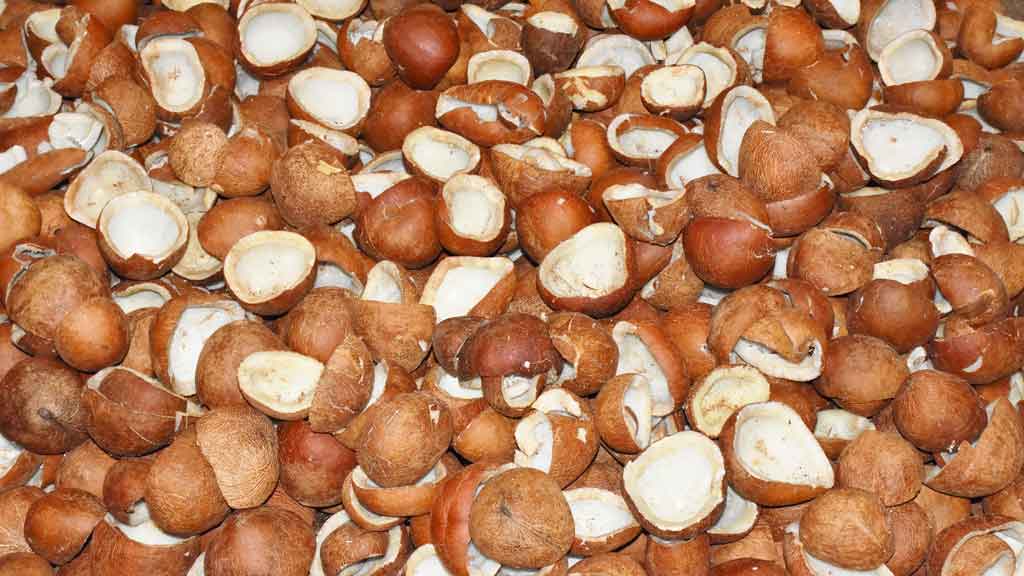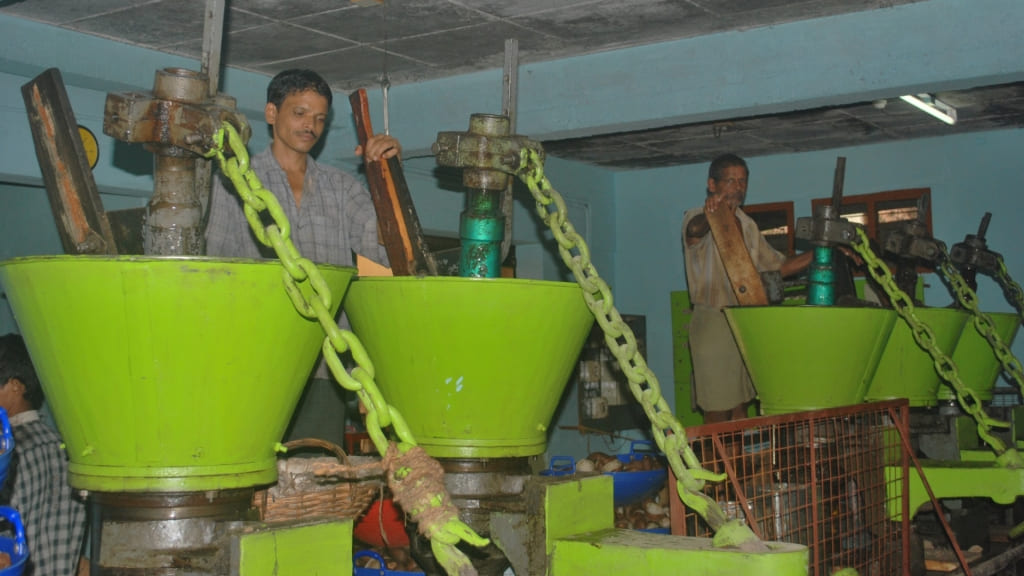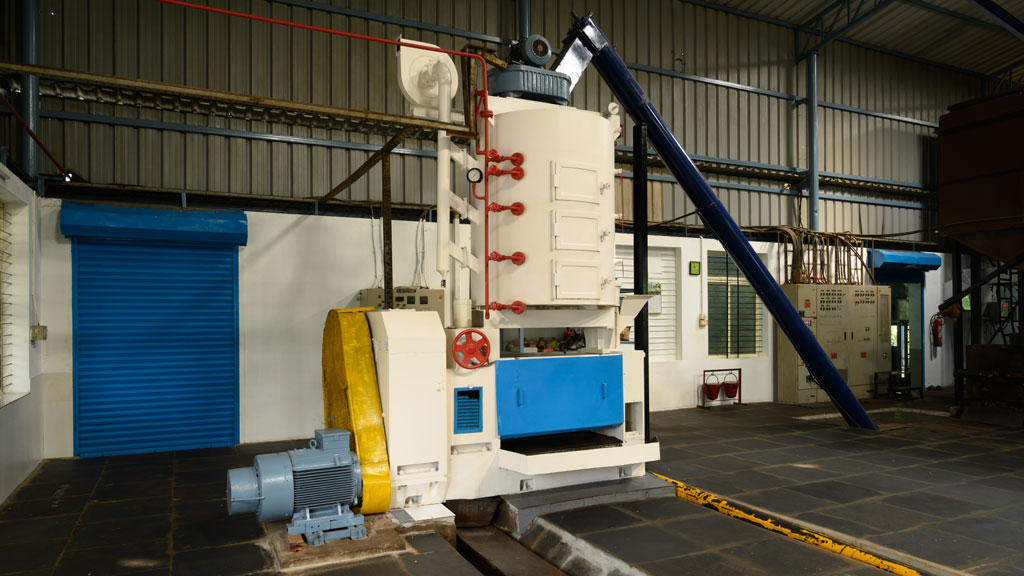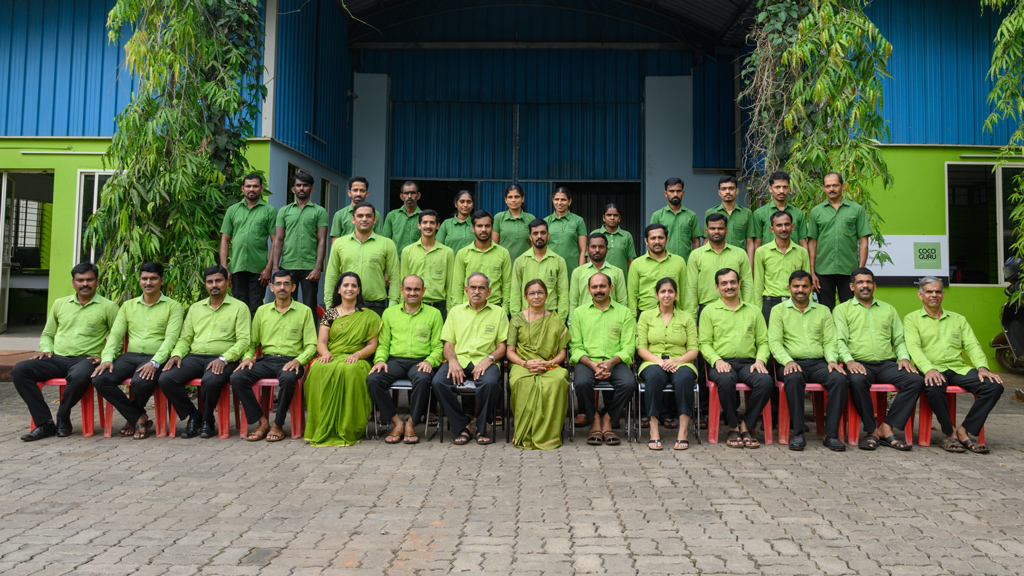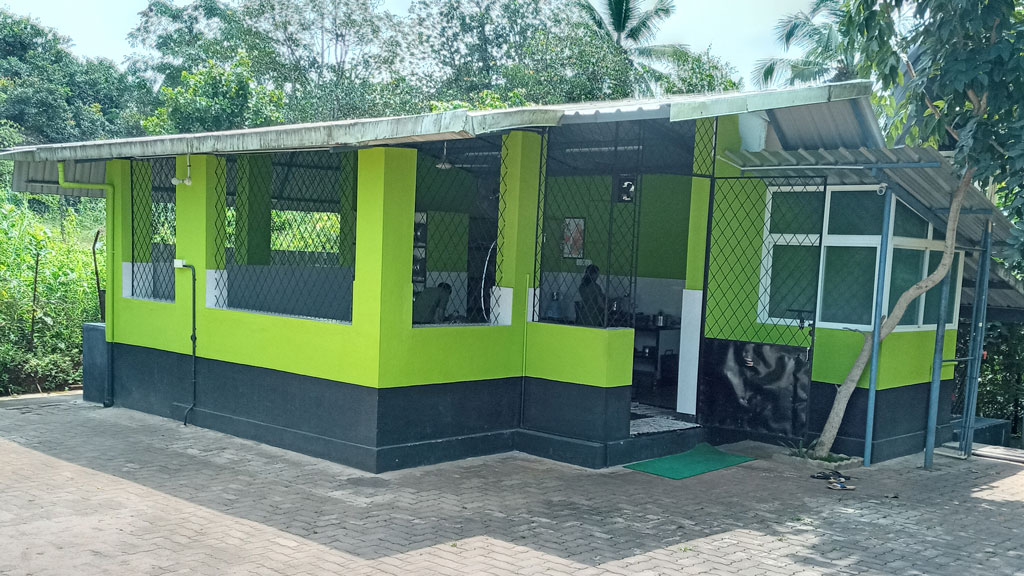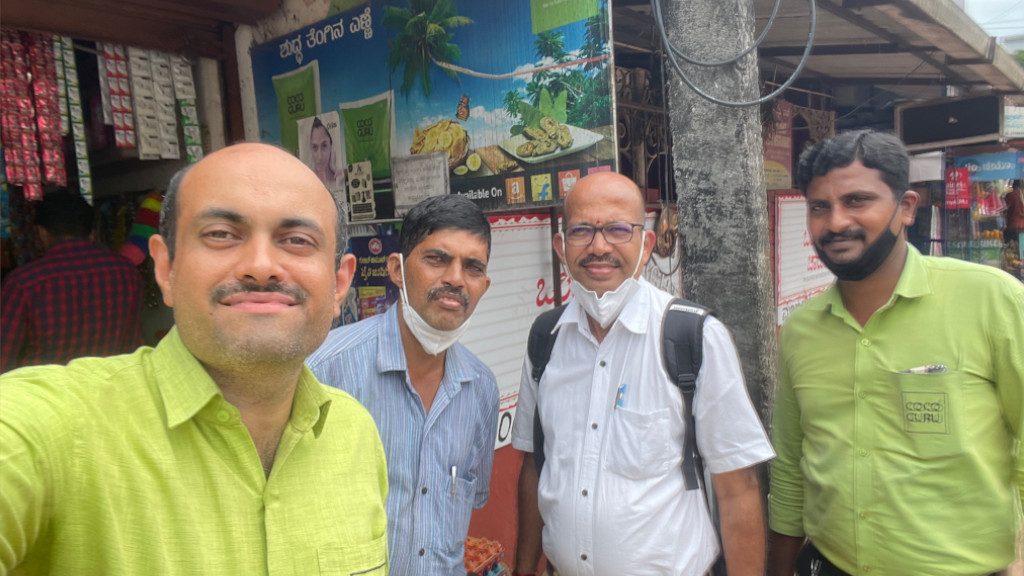I intend to start a new vegetarian restaurant from Puttur within a year.
Why new business?
Our existing coconut oil business has matured. We had taken massive loans to start and now we have almost cleared all the debts raised. The product variety and quality is established, distribution network is established, internal team is set up, e-commerce channel is doing well. To grow the business we need to hire more sales staff. Hiring and managing them is a tremendous challenge. As plan A, we will keep trying to grow the sales team. Plan B is to start a new business to grow.
What will be different in this new business?
When I started last business, I was unmarried, in my late 20s. Now I have reached 40, married and have 2 kids. So my risk appetite is much lower. So, the capital invested will be much lower, accordingly debt if at all raised will be much lower.
Selling coconut oil was through retailers. If providing a quality product is the goal of the brand, earning more margins by selling a cheaper product is the goal of the retailer. So retailer acts as a huge barrier between brand and its consumer. So, in this new business I want to reach out directly to the consumers.
What will be common?
Brand Cocoguru and the values it stands for that is pure, hygienic, safe, high quality, technology enabled, professionally managed, innovative, green food products.
Why Restaurant?
I am a foodie, I like eating. Till I reached 30, I only looked at the taste value of food and used to eat chats, Chinese, North Indian, spicy foods. Now my body is not liking them for its unhealthy nature. Restaurants are known commonly for their dirty kitchen and use of cheaper ingredients. So wherever I go, it is always difficult to find a restaurant of my choice. I believe there will be a few people like me whose needs are not met currently.
How will this be different from other restaurants?
There are many hard decisions which will upset many customers by reducing their choices and narrow our offerings significantly reducing the income opportunities.
- Local – The food items on offer will be only traditional Tulunadu vegetarian dishes. Though much wanted, there will be no Chats, North Indian and Chinese items. An objection here could be “Don’t we anyway make this at home?”. That exactly is the idea, it should be “just like how it is made at home”.
- Simple – The number of items on offer are only a few. Menu should fit in one page. This way we will be able to best serve the few dishes on offer.
- Fresh – I don’t like to eat leftover food the next day. So, though it is commercially tough, we will serve only freshly prepared food.
- Hygienic – Hygiene has been a glaring feature of our coconut oil mill. Since it is about food we take into our body and for calmness of mind, it has to be clean and hygienic. It may come with a cost but I believe people will value it.
- Healthy – Purpose of going to a restaurant is to satisfy our taste buds. But in the long run, health is more important. So purpose is to provide food that tastes good and is yet healthy.
- High Quality Ingredients – Restaurants are commercial ventures and customers are very price conscious. So restaurants usually end up making food with low quality ingredients. We have the experience of making and selling premium coconut oil. So, though it is tough we have to make it happen. One key ingredient is the cooking oil, all hotels use only refined and hydrogenated oils as it is cheap and can be reused a few times. We will use only coconut oil and ghee.
- Technology enabled – I am a fan of technology and very well understand how it makes our lives easier and benefits the customers. The menu presentation, ordering, payment, order fulfilment, marketing will all be technology driven.
When do we plan to start?
The idea was thought about a year ago but execution didn’t take off. There were a lot of uncertainties due to corona virus. Also, I thought of funding the venture by selling off the land I was holding. I wasn’t able to sell it. Now it is time to move on despite the excuses. So, I have set the deadline as June 2023. Plan is to use the next 10 months to learn hotel management, perfect the recipe and taste of the dishes that will be served, work out a thorough business plan and acquire all resources required.
Where will it be located?
With lower risk appetite, lower capital and keeping it more flexible, restaurant will be at a rented place. So it will be somewhere in Puttur town wherever a suitable place is available at the time we start.
What will be the name?
Name thought as of now is Cocoguru Adigemane. Cocoguru to leverage the brand already built. The values of this restaurant will be same as that idea with which coconut oil brand was built. Adigemane to indicate that it is a local, homely, coastal Karnataka food business.




